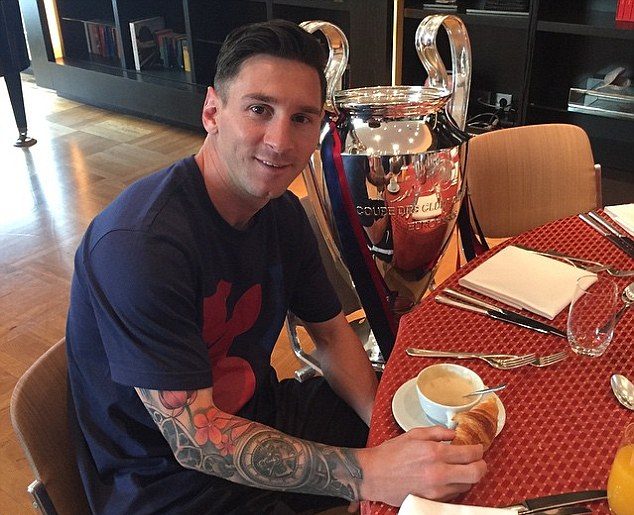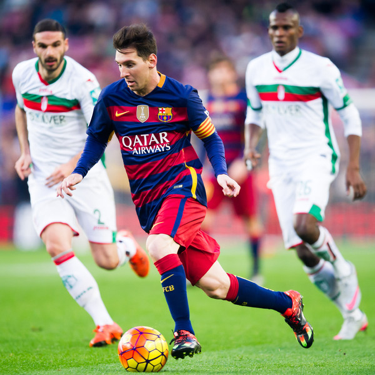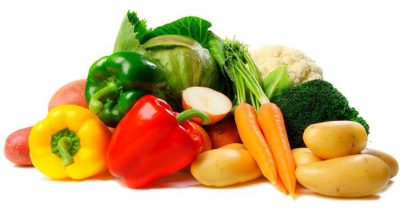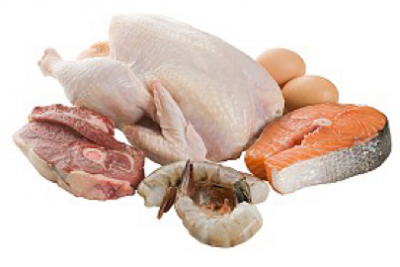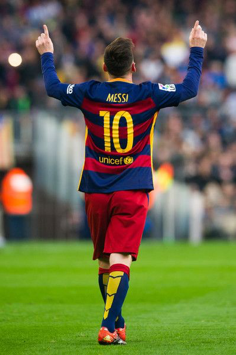The human body is the most sophisticated machine on the planet, and is comprised of several different systems working harmoniously. Like any machine i
The human body is the most sophisticated machine on the planet, and is comprised of several different systems working harmoniously. Like any machine it requires energy and maintenance to function at its best. The body uses food to produce energy that fuels it to perform; however, some energy sources are better than others, particularly when it comes to sport performance and exercise in the form of running, strength training and flexibility that help maintain the body.
Premier level soccer players know that the food they eat and the exercise they do is crucial to helping their performance on the field. So crucial, in fact, that most major soccer clubs in the world have staff dedicated to providing players with the cleanest and most nutritious food. Modern players are taking it upon themselves to monitor their nutrition to maximize their performance.
Take Lionel Messi for example. Messi is a player that knows the value of nutrition and its effects on his own performance. He’s gone as far as to employ Guiliano Poser, one on the best nutritionists in the world, to help identify the types of food that help him perform at a high level of consistency.
Messi’s diet consists of lots of water, good fats and protein (olive oil, nuts, seeds), whole grains, fruits (in moderation), vegetables, and limited meat. Foods high in salt and sugar are not included in Messi’s diet. Sugar and salt can dehydrate the body and cause damage to the muscles. Likewise, Messi does not eat refined carbs like white bread since refined carbs have little-to-no nutritional value due to the refining process they undergo.
Now you might be thinking, well it’s Messi, he is worth millions of dollars and has access to the experts in nutritional science and to the best foods. However, simple changes to your diet can help you start performing at a higher level. The steps below are recommendations that Catalyst Soccer Trainers share with clients on a regular basis to help them improve their nutrition and performance, many of which align with doctor Poser’s recommendations.
1 – Eat “Good” Carbs.
Carbs are not only bread and grain based. Catalyst Soccer Trainers recommend substituting bread carbs with potato carbs as well as increasing vegetable intake. Vegetables have a sufficient amount of carbs and other vitamins and minerals that bread and grain based carbs simply do not have, and increasing your vegetable intake by 1 – 2 cups can help you reach your daily need of carbohydrates.
2 – Eat Lean Meats. Chicken (eggs count), turkey, and fish are among the best sources of lean meats. Lean meats are relatively easy to digest compared to meat such as pork and beef. Have a lean meat at every meal, because soccer is a physically demanding sport that requires players to run several miles there is a chance of muscles catabolization, were the body starts to burn its own muscle for fuel instead of fat. Having a storage of protein in the body on a regular basis can ensure proper muscle recovery while avoiding atrophy, which is the partial or complete wasting away of muscle.
3 – Drink Water (electrolyte supplement optional) Water is a necessity for the body to function; it helps keep muscles and joints lubricated so that they move properly and efficiently without pain or limitation. Because we lose more than just water when we sweat, Catalyst Soccer Trainers also recommend adding an electrolyte supplement to your water. Common electrolyte drinks are Gatorade, Powerade, Body Armor, etc. Many electrolyte beverages are high sugar; therefore Catalyst Soccer Trainers suggest mixing water and the electrolyte drink together to minimize sugar intake.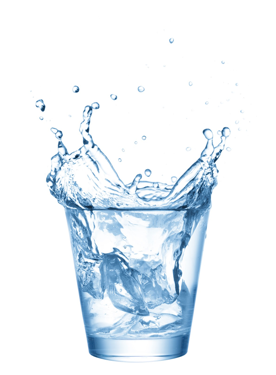 You can start to see the effects of these three changes to your diet in as little as 1 week. Continuing to eat clean all natural foods that have little to no process will help you to build the body you desire overtime, and as Catalyst Soccer Trainers teach body control before ball control. Everything starts with our bodies and how we are fueling and maintaining its performance.
You can start to see the effects of these three changes to your diet in as little as 1 week. Continuing to eat clean all natural foods that have little to no process will help you to build the body you desire overtime, and as Catalyst Soccer Trainers teach body control before ball control. Everything starts with our bodies and how we are fueling and maintaining its performance.
- Ramos, Daniel. Giuliano Poser-The Doctor Behind Lionel Messi’s Diet Reveals the Secrets. Grup. 4/29/2016. https://grup14.com/story/giuliano-poser-the-doctor-behind-lionel-messi-s-diet-reveals-his-secrets
- Paul, Sumeet. Messi’s Diet Key to Success. Marca English. 4/28/2016.http://www.marca.com/en/football/barcelona/2016/04/28/57222322e5fdea4d7c8b4577.html
- Critchley, Mark. Leionel Messi Diet: What it takes to be the world’s best player. Independent. 4/29/2016. http://www.independent.co.uk/sport/football/european/lionel-messi-barcelona-forwards-nutritionist-reveals-the-diet-behind-the-worlds-greatest-player-a7006706.html
- CBS Sports. Lionel Messi’s nutritional secrets revealed. CBS Sports. 4/30/2016.http://www.cbc.ca/sports/soccer/lionel-messi-diet-1.3558475
- Middleton, Drew. The secret diet of Lionel Messi: Revealed. 5/27/2016.https://www.boxappetit.com/blogs/blog/175801799-the-secret-diet-of-lionel-messi-revealed-box-appetit
- “F-MARC Nutrition for Football.” Federation Internationale de Football Association Member Associations and Development. Pages 44-48
- “NUTRITION for the Soccer Student-Athlete.” NCAA. Pages 1-3 “The 10 Nutrition Rules to Live By.” U.S. Soccer. Jan. 17 2012. Page 1
- Dr. Jay Williams. “Calories, Carbs and Protien: What’s a Player to Eat?” NSCAA. Ju. 28th 2013. Page 1
- “Football.” Australian Government – Australian Sports Commission. Page 1 Roves, P.; Zapico, P.,Patterson, A.; Gutierrez, E. “Nutrient Intake and Food Habits of Soccer
- Players: Analyzing the Correlates of Eating Habits.” Nutrients. 2014. “The Female Athlete Triad.”American College of Sports Medicine. 2011. Page 1-2.
